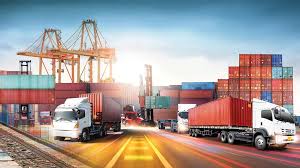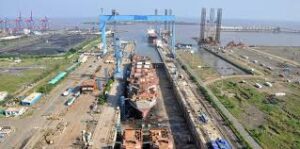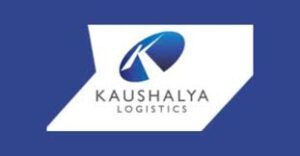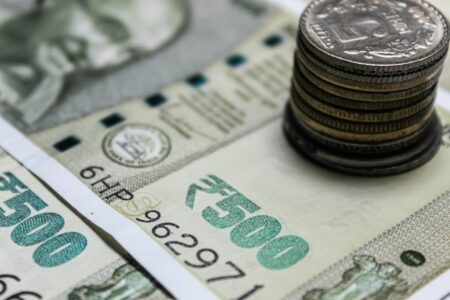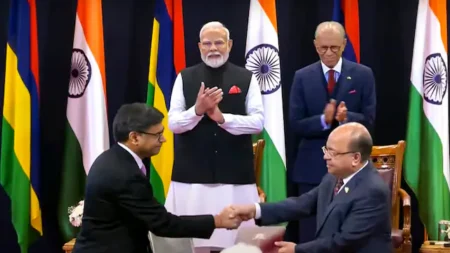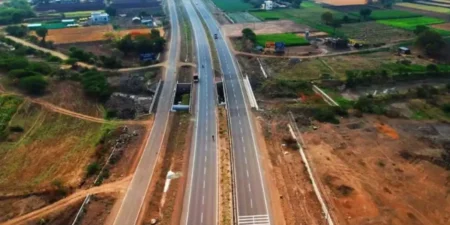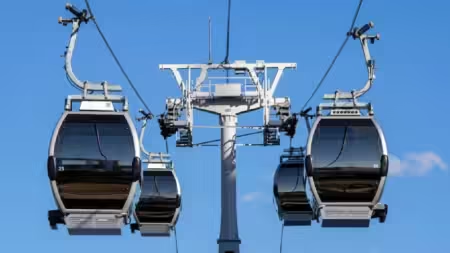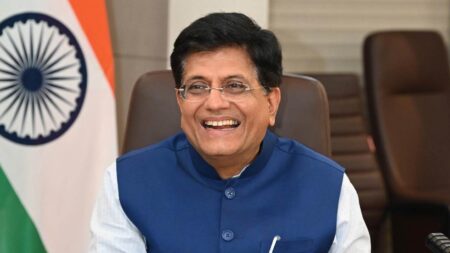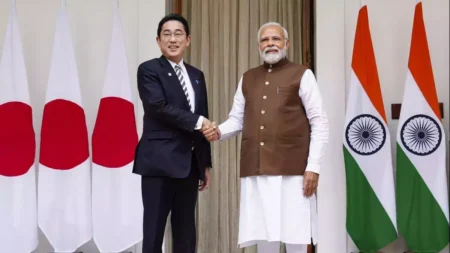Following the takeover, the ministry intends to convert those state highways to four or six-lane highways, with tolls collected by the Centre. This was stated by Union Road Transport and Highways Minister, Nitin Gadkari in a virtual address at the 12th International Convention of the Association Of National Exchanges Members of India (ANMI), which was held today in Mumbai.
Gadkari added that the investment in those state highways, as well as interest and land acquisition costs, will be fully recovered after 12–13 years. He urged that investments in the country’s infrastructure sector be risk-free and yield good returns, and he called for cooperation in infrastructure investment. “Innovative financial models are required to fund India’s infrastructure growth.” We are looking for investment in the PPP model. We can export energy to the rest of the world if we direct our investments toward waste management, green hydrogen, solar, and other similar projects. Future India’s wealth is innovation, entrepreneurship, science, and technology. The Centre has prioritized infrastructure development in the country, he says.
He said of infrastructure development, “We are planning a green express highway between Mumbai and Bangalore.” He added that the journey from Mumbai to Bangalore will take 5 hours and the journey from Pune to Bangalore will take 3.5 to 4 hours. He also stated that the Mumbai-Pune Express Highway will take a turn near the Ring Road of Pune and begin as the Highway towards Bangalore.
Similarly, the country will see the construction of 27 green express highways. According to the Union Road Transport and Highways Minister, by the end of this year, highways will connect Delhi to Dehradun in 2 hours, Delhi to Hardwar in 2 hours, Delhi to Jaipur in 2 hours, Delhi to Chandigarh in 2.5 hours, Delhi to Amritsar in 4 hours, Delhi to Srinagar in 8 hours, Delhi to Katra in 6 hours, Delhi to Mumbai in 10 hours, Chennai to Bangalore in 2 hours, and Lucknow to Kanpur in half an hour. Highway projects linking Gorakhpur and Siliguri, as well as Varanasi and Kolkata, are also in the works.
“Like the National Water Grid, we want to build a National Highway Grid,” he explained. He also stated that toll revenue is currently worth Rs 40 thousand crores and will rise to Rs 1 lakh 40 thousand crores by the end of 2024.
As stated by the Minister, the Ministry is also in the process of constructing 75 tunnels at a cost of Rs 2,50,000 crores. According to Gadkari, the country averages 40 kilometres of road construction per day. He went on to say that the country currently has 65 lakh kilometres of road length, of which 1.45 lakh kilometres are National Highways. The plan for the future is to acquire land in collaboration and joint ventures with private sector investors before constructing highways, according to the Union Road Transport and Highways Minister.
The Ministry of Road Transport and Highways is also considering expanding the fuel base to include ethanol, methanol, biodiesel, bio-LNG, bio-CNG, electric, and green hydrogen. According to the Minister, the National Hydrogen Mission aims to make India a green hydrogen hub and export this type of energy to the rest of the world. He also stated that producing ethanol from sugar cane, bamboo, and other agricultural products is economically viable. “By producing biofuels, we may increase India’s agricultural GDP,” he said. He added that biofuels are an import substitute, cost-effective, pollution-free, and indigenous.

